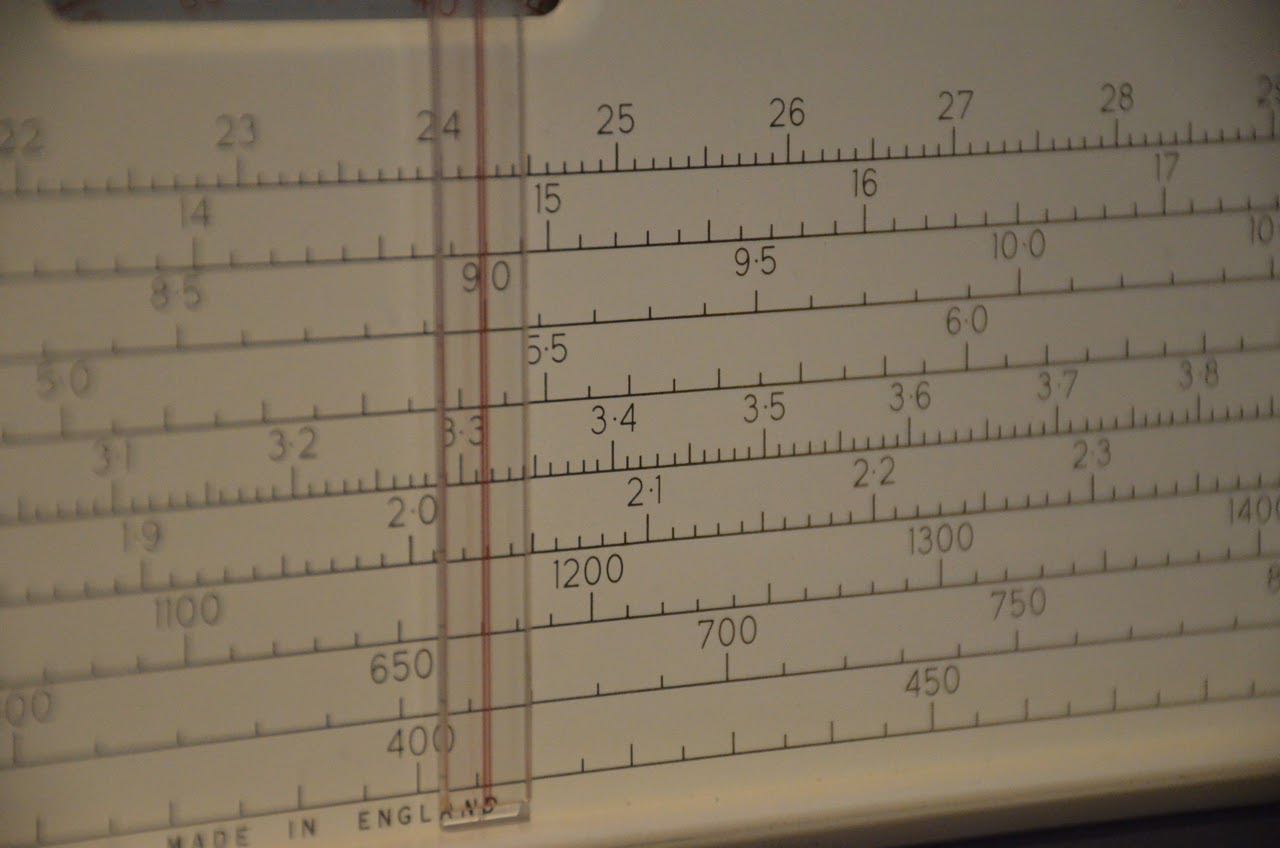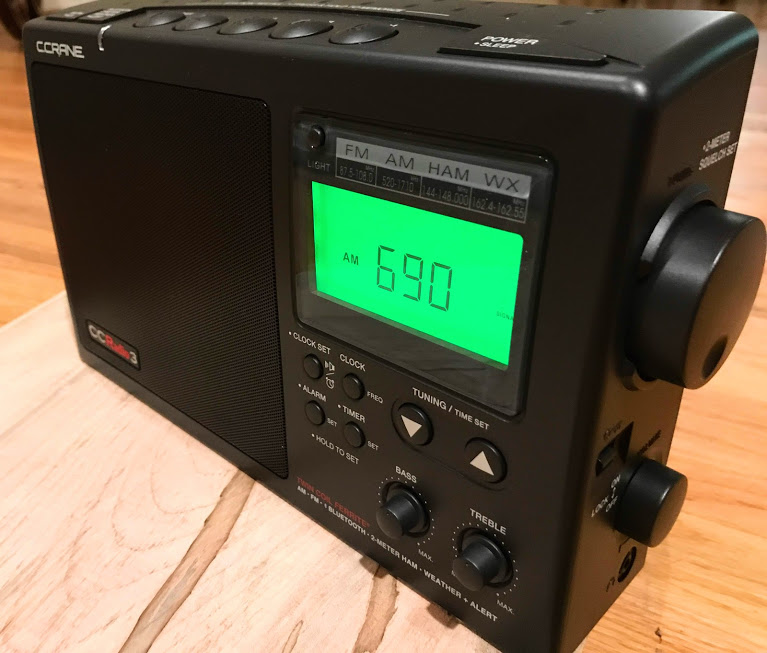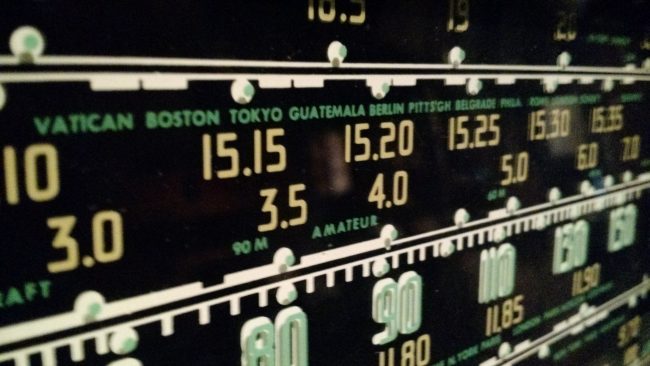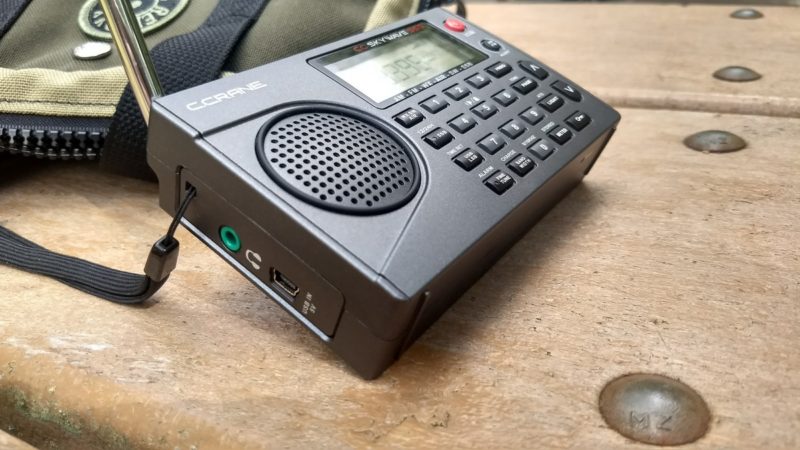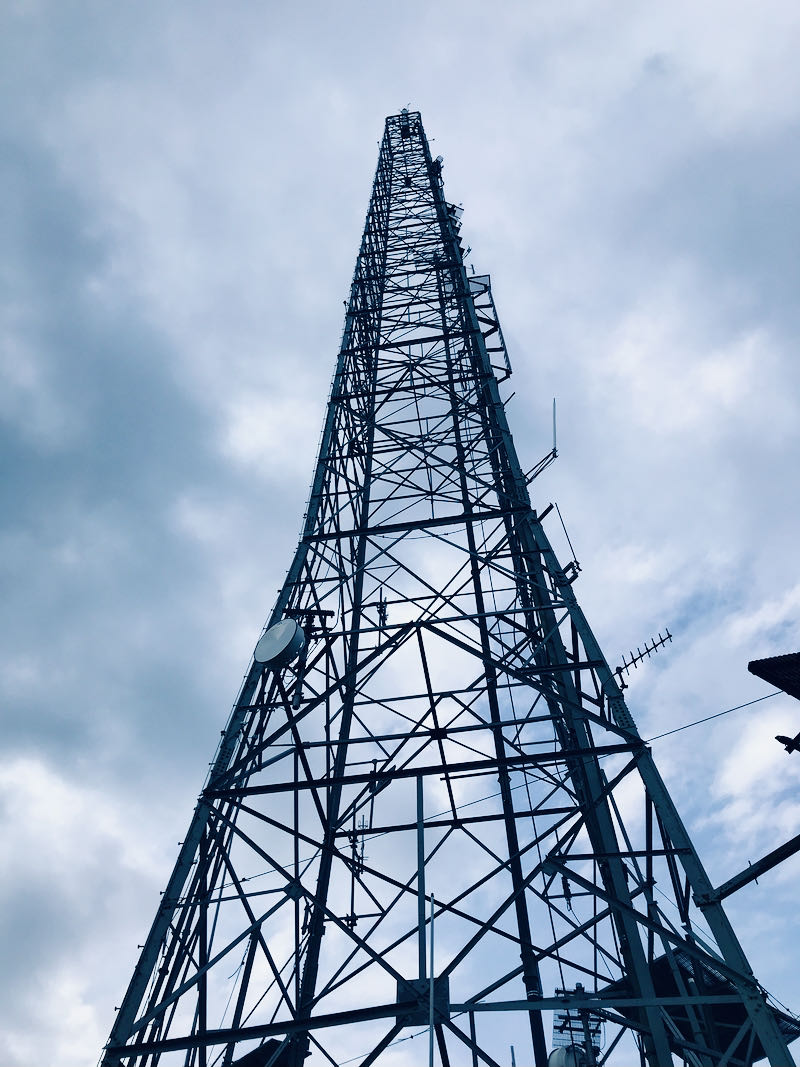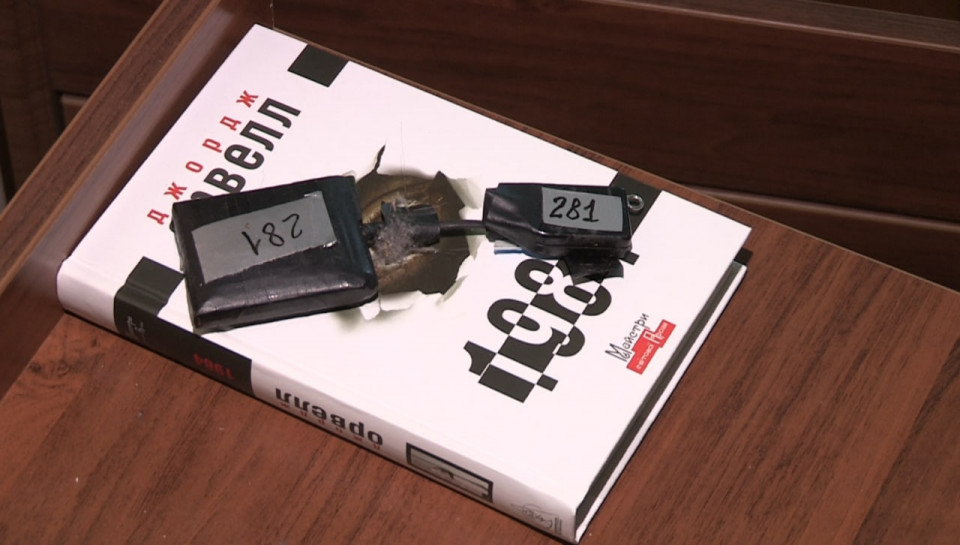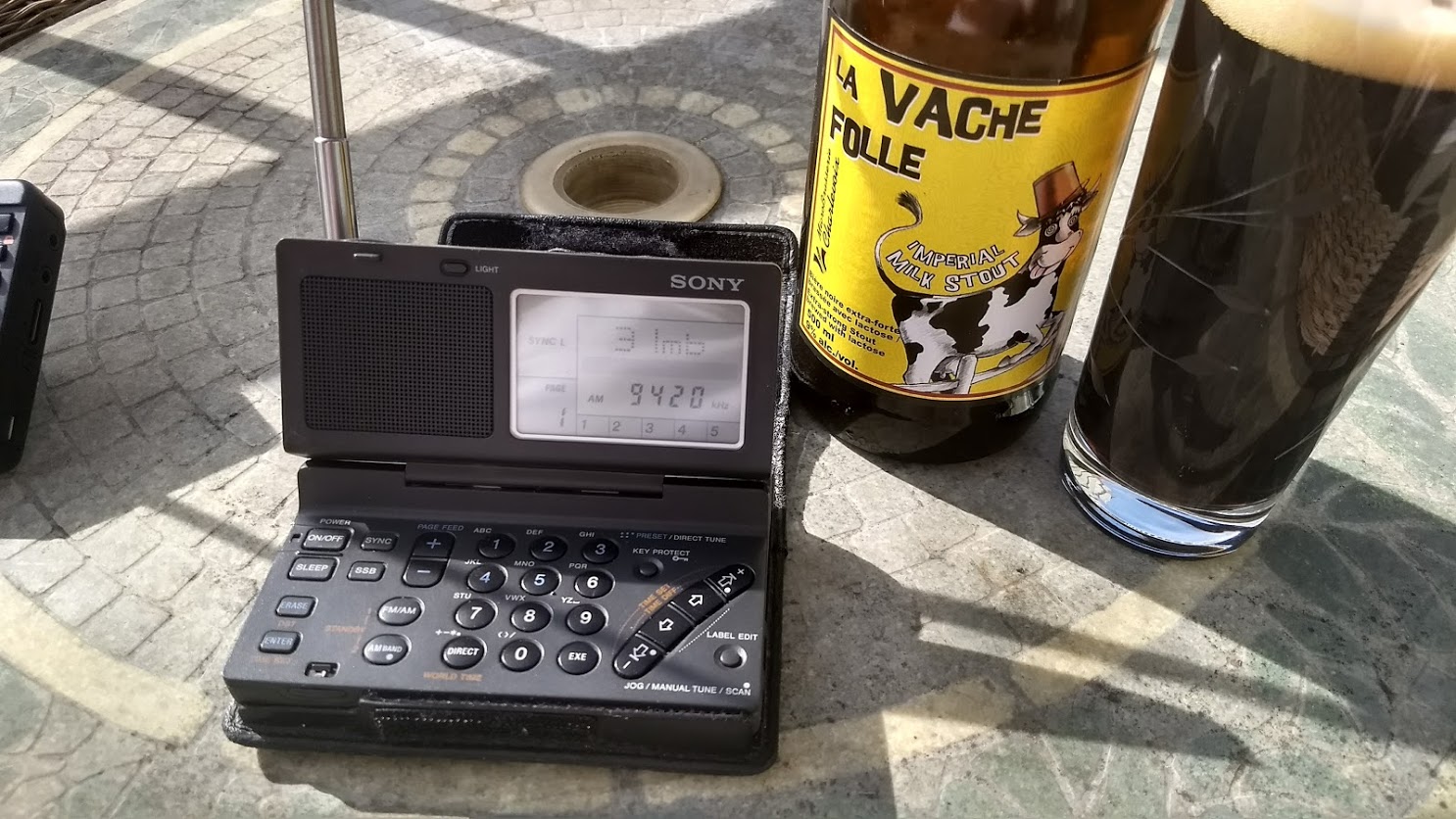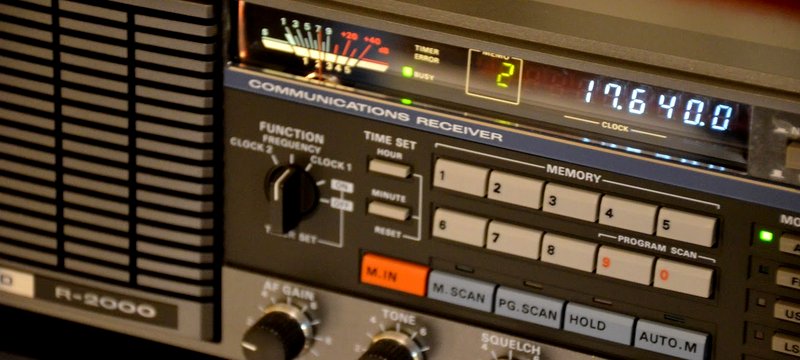 Many thanks to SWLing Post contributor, David Iurescia, who shares the following press release from Radio New Zealand:
Many thanks to SWLing Post contributor, David Iurescia, who shares the following press release from Radio New Zealand:
Futureproofing Pacific broadcasting – transmitter replacement underway
Released at 2:34 pm on 12 December 2023
RNZ has powered down for the last time its 34-year-old shortwave Thompson transmitter, known as “Transmitter 1”, one of two shortwave transmitters that deliver analogue and digital radio broadcasts to the Pacific.
It is part of the preparation for the installation of a new Swiss-made Ampegon shortwave transmitter at its Rangitaiki site.
This project is a milestone for RNZ. For the past 75 years, it has been using shortwave radio to broadcast to the vast Pacific region. Replacing the old transmitter marks a significant step in futureproofing of the service.
Transmitter 1, the 100-kilowatt Thompson unit, was installed just outside of Taup? in 1989, just in time for the Commonweath Games held in Auckland in 1990. Only capable of transmitting in analogue, servicing Transmitter 1 has become an increasingly challenging task with many of the parts for the transmitter now obsolete.
Its replacement, an Ampegon shortwave transmitter capable of both digital and analogue transmission is currently being shipped to New Zealand after being built in Ampegon’s Switzerland factory. However, before the new transmitter can be installed, Transmitter 1 needs to be decommissioned with any useful parts kept as spares.
RNZ’s Transmission Engineer Specialist Steve White said the challenge for the switchover is having an existing transmission building that limits space.
“It will take around four weeks to completely dismantle Transmitter 1 which was built into the building so it’s not just a case of unplugging it and wheeling it out. We need to isolate the transmitter from the main switchboard as well as drain the fluids that help cool the transmitter before breaking it into parts.”
The new Ampegon transmitter will arrive in January and take an estimated six weeks to install, six weeks to commission and a further period of training. At this stage it is expected the transmitter will be operational from 1 May 2024.
When Transmitter 1 is replaced, there will be two transmitters capable of both analogue and digital transmissions, ensuring a complete backup should one of the transmitters stop working.
In the meantime, RNZ Pacific Manager Moera Tuilaepa-Taylor said they were making sure all of RNZ’s Pacific partners were aware of the alternative ways to access RNZ content.
“While digital transmissions will continue, the decommissioning of Transmitter 1 will mean the analogue service will be reduced during the transition period. However, RNZ can still be heard via satellite, and we will be working with our partners in the Pacific on the alternative options of downloading or livestreaming through our website. RNZ Pacific also has an important role during Cyclone season, delivering critical information to the region and this will be prioritised during this period of single transmitter operation.”
RNZ Chief Executive and Editor in Chief Paul Thompson said the importance of the service for the region cannot be underestimated in terms of the content provided.
“Our voice reaches and is welcomed in all parts of the Pacific. During the Tonga eruption, when the undersea cable was cut, RNZ Pacific short wave was a lifeline source of information,” he said.
RNZ’s Charter includes the provision of an international service to the South Pacific in both English and Pacific languages. As part of Budget 2022, the Government announced $4.4m dollars capital funding for a new transmitter for RNZ Pacific.

